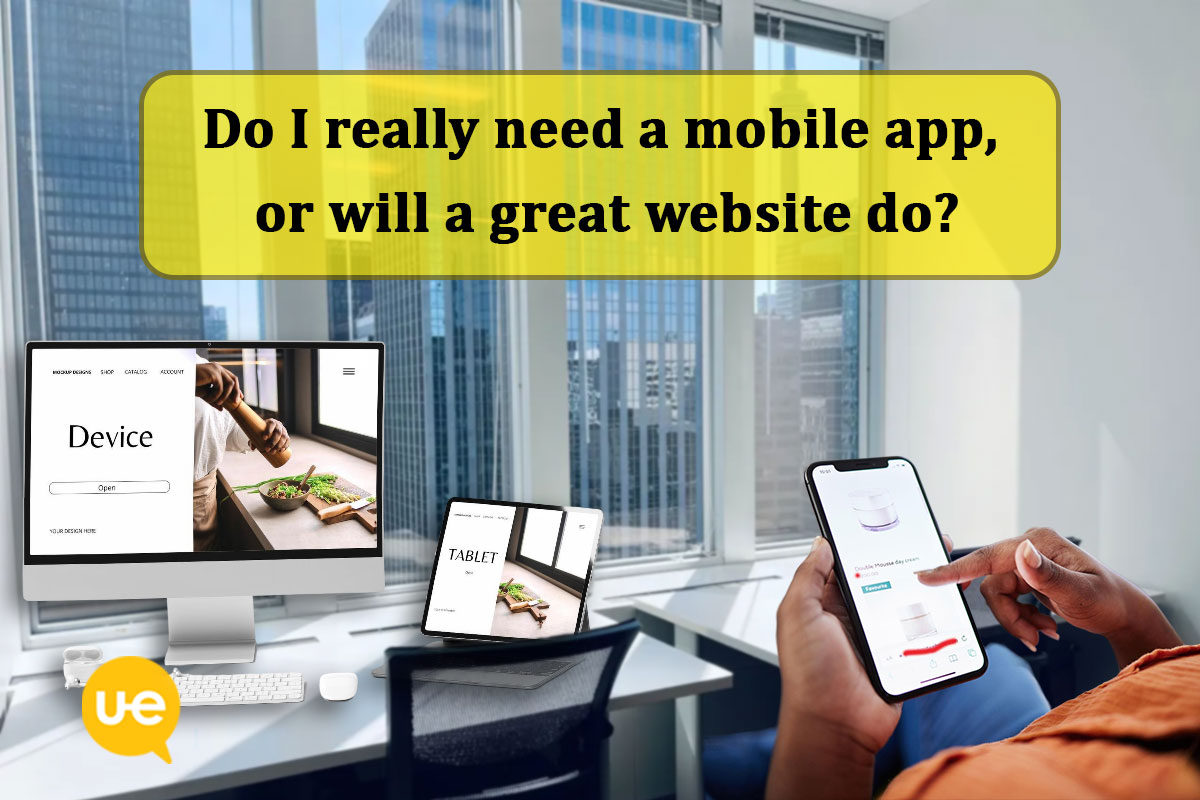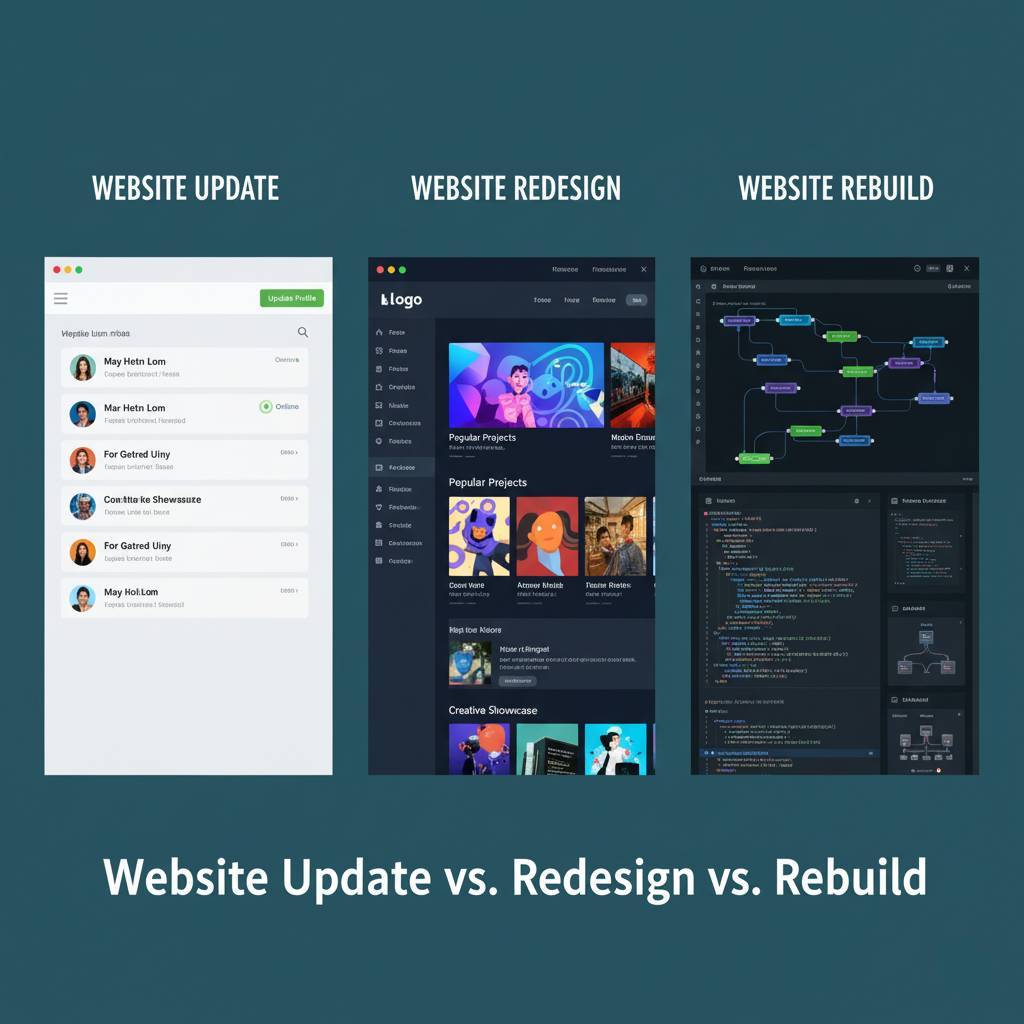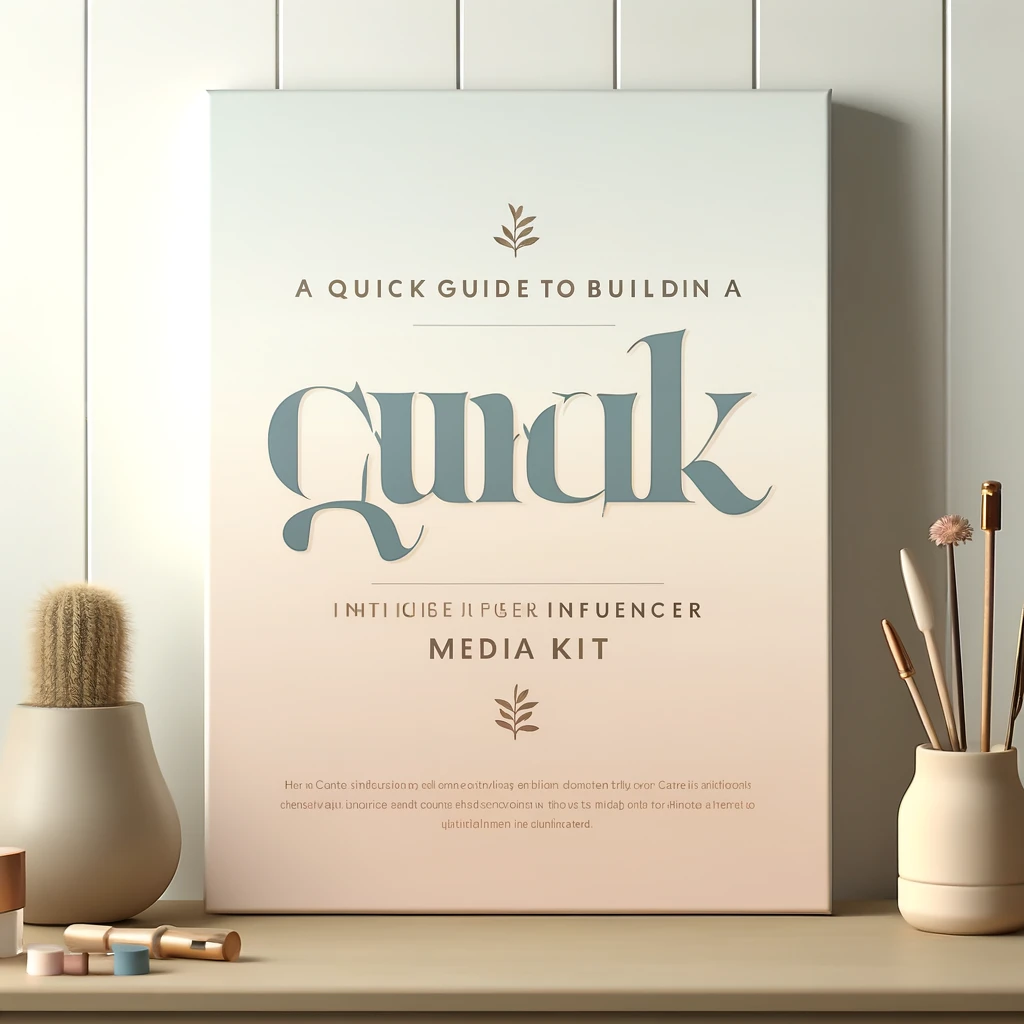Basic Mobile Apps And Web Design
The Part No One Explains Until It’s Too Late
Hiring a web developer isn’t just a technical decision — it’s a business decision that can affect your costs, flexibility, and growth for years.
Many business owners start a website project focused on design, price, or timelines. What they don’t always realize is that the real risks come later when updates are hard to make, ownership is unclear, or the site no longer supports how the business actually works.
Most business owners think their website is “fine.”
It looks clean. The logo is there. The services are listed. The contact page works. And for years, that was enough.
In 2026, it won’t be.
Customers don’t visit websites the way they used to. They don’t browse. They don’t read carefully. They don’t hunt for information. They ask questions, expect instant answers, and move on quickly if they don’t get them.
If you're a business owner in Toronto, North York, Mississauga, Vaughan, or anywhere in the GTA, you’ve probably wondered: Do I need a mobile app? Or is a great website enough? And what exactly is a PWA everyone’s talking about?
With technology evolving fast-and search behaviour shifting toward AI summaries, voice search, and instant answers-choosing the right platform matters more than ever. But here’s the truth: most businesses don’t need a full native mobile app. A well-built website or a modern Progressive Web App (PWA) can deliver nearly everything users expect, often faster and at a fraction of the cost.
This guide breaks everything down clearly. You’ll learn the differences between websites, apps, and PWAs, when each one makes sense, what they cost, and how businesses across Scarborough, Richmond Hill, Pickering, and Oshawa are making the right choice without overspending.
By the end, you’ll know exactly which option fits your goals-without the tech confusion.
How to choose a platform that won’t box you in next year.
Most businesses pick a website platform the wrong way.
They ask:
“What’s cheap?”
“What’s fast?”
“What did my friend use?”
At some point, every business owner faces the big website question:
“Should we just update it, redesign it, or rebuild the whole thing?”
It’s the digital equivalent of asking, “Should I paint my house, renovate it, or tear it down?”
The wrong decision can cost you time, money, and customers.
The right one can completely transform how people see and trust your brand online.
In this guide, we’ll break down the real differences between updating, redesigning, and rebuilding your website - and how to know which one actually fits your situation (and your budget). No tech jargon. No sales pitch. Just clarity.
Every time your site goes down, it feels personal. Like the internet has it out for you. One minute everything’s fine, the next minute you’re staring at a blank screen while your customers refresh in frustration.
And what’s the first thing everyone loves to blame? WordPress.
“It’s clunky.” “It’s outdated.” “It’s unreliable.”
We’re living in an era where technology doesn’t just fit in our pockets it blends seamlessly into our everyday environment. The next leap for the internet is already in motion: websites designed for Augmented Reality (AR) and wearable devices.
Just like the mobile revolution reshaped web design and user behavior, AR combined with wearables will rewrite the rulebook. Instead of sitting behind a screen clicking buttons, you’ll move through virtual spaces, interact with products as if they’re right in front of you, and get real-time information that adapts to your surroundings.
For businesses, this isn’t a “wait and see” moment it’s a “get ready or get left behind” moment.
If you're managing a business with more than one location, the old SEO playbook isn’t enough anymore. You’re not just trying to rank on Google Maps you’re competing for attention from voice assistants, AI-powered summaries, and customers asking ChatGPT, “What’s the best near me?”
This is about showing up when people speak, not just when they search.
In this guide, we’re breaking down what really works in 2025 for multi-location websites how to optimize for Google, dominate voice search, and become the go-to choice in AI-driven results.
Let's be real. If you're running a business in 2025, you’ve probably had a moment (maybe even a late-night worry session) about automation and artificial intelligence. Will AI take over marketing? Sales? Customer service? And yes, the big one for many of you with an online presence: will robots eventually just build our websites, making those web development costs a thing of the past?
It’s a valid question! The tech world moves at warp speed, and it feels like every other day there’s a new AI tool promising to revolutionize everything. So, let’s dive into this head-on: will web development as we know it kick the bucket in the next decade?
You’ve invested in a great-looking website. Maybe it’s filled with beautiful images, slick animations, and all the right calls to action. But here’s a question many business owners overlook:
Is your website fast enough to keep customers from leaving before they even see it?
In today’s digital world, speed isn’t just a tech metric — it’s a business factor. People expect websites to load almost instantly. If yours doesn’t? They bounce. And when they bounce, you lose potential customers, leads, and sales.
"Let’s be real: as a startup founder, you’re juggling a million things—product development, funding, marketing—and building a professional website might feel like just another expense you can’t afford. But here’s the truth: your website isn’t a luxury—it’s your digital storefront, your 24/7 salesperson, and the backbone of your online credibility. Sure, social media is great for quick engagement, but relying solely on Instagram or Facebook is like renting a billboard in someone else’s city. What happens if algorithms change or accounts get hacked? A budget-friendly website gives you ownership, control, and the power to turn casual visitors into loyal customers—without draining your savings.
In today’s digital world, having a strong online presence is no longer optional—it’s a necessity. Whether you’re an entrepreneur, a small business owner, or an aspiring blogger, choosing the right website platform can make or break your online success.
Four major website-building platforms dominate the market: WordPress, Joomla, Wix, and Shopify. Each caters to different needs, technical skill levels, and budgets. But with so many options, how do you decide?
This guide will break down these platforms to help you make an informed decision based on your unique requirements.
Why Your Landing Page is Your Secret Sales Weapon
Let’s get real: You’re spending time and money driving traffic to your website, but if your landing page feels like a confusing maze, visitors will bounce faster than a TikTok trend.
Here’s the deal: Landing pages are your digital salespeople. They’re not here to show off your entire brand—they’re here to do one job: convert. Think of them as the “don’t skip ad” button for your business. According to Unbounce, businesses using targeted landing pages see up to 3x more conversions than those sending traffic to their homepage.
When it’s time to migrate your website—whether for rebranding, platform upgrades, or consolidating multiple sites—it’s crucial to tread carefully. A well-executed migration not only preserves your SEO rankings but can also position your business for even greater online success. Let’s dive into the process step by step.
Key Takeaways
1. Use Conversational and Long-Tail Keywords: Voice search relies on natural, conversational language. Optimizing for these types of keywords makes it easier for your site to appear in voice results.
2. Implement Structured Data and Schema Markup: Schema markup helps search engines understand your site content better, increasing your chances of being the answer to voice search queries.
3. Prioritize Site Speed and Mobile-Friendliness: Voice searches are frequently conducted on mobile devices, so ensure fast loading times and a smooth mobile experience.
In today’s digital landscape, voice search is becoming increasingly common. With tools like Siri, Alexa, and Google Assistant readily available, more people are using voice commands to search the web, find local businesses, and get quick answers to questions. Voice search optimization is about making sure your site is ready to deliver the answers people are looking for through these digital assistants.
Here are the top three steps you can take to make your site voice search-friendly, with practical examples and actionable strategies to get you started.
In today’s digital world, website security is no longer optional—it’s essential. Whether you’re a business owner, marketer, or entrepreneur, your website serves as the face of your brand. It’s where customers interact, make purchases, and trust you with their sensitive information. Unfortunately, this makes your website a prime target for cyber-attacks. If you’re wondering how to increase the security of your website against cyber-attacks, you’re in the right place. This comprehensive guide will walk you through actionable strategies to protect your website, build customer trust, and safeguard your business from hackers.
Launching a website can feel overwhelming, especially when you're unsure about the costs involved. With terms like hosting, domain registration, and e-commerce functionality, it's easy to get lost in the jargon. But don't worry—we're here to demystify the process. Affordable website development doesn't mean cutting corners; it means making smart choices that fit your budget and meet your needs.
Did you know that over 60% of all online traffic now comes from mobile devices? That’s right—more than half of your potential customers are accessing your website on their smartphones or tablets. If your website isn’t optimized for mobile, you could be losing a significant portion of your audience. In today’s digital age, where consumer behaviour is increasingly mobile-centric, having a website that isn’t mobile-friendly is like closing your doors to a majority of your potential customers.
In the age of instant gratification, e-commerce thrives on convenience and speed. Customers expect a seamless journey from browsing your online store to receiving their purchases in record time. But for businesses, the path from "add to cart" to "happy customer" can be fraught with challenges, especially regarding shipping and fulfillment. The Frustration Factor: Common E-commerce Shipping and Fulfillment Pain Points.
The internet has come a long way! Remember dial-up screeching? Yeah, those were the days. Now, we have instant access to information, endless entertainment options, and the ability to connect with people across the globe at the click of a button. But what if the internet we know and love is about to undergo a major transformation? Enter Web3 – the buzzword du jour in the tech world.
So, what exactly is Web3? Imagine a decentralized internet, free from the control of big tech companies. Think less "walled gardens" and more "open playing field."
Remember the days of clunky websites built line by line in complex coding languages? Those days are slowly fading into the digital sunset. Today, a new wave is cresting – the wave of Artificial Intelligence (AI) transforming the world of web development.
But what exactly is AI, and how is it changing the game for web developers and website owners alike?
Canva is like a treasure trove for anyone looking to whip up eye-catching designs with minimal fuss. Whether you're crafting a presentation, designing social media graphics, or pulling together a flyer, Canva’s user-friendly platform is the go-to for both rookies and seasoned pros alike. But what really kicks things up a notch are its templates.
Canva offers a vast library of templates that cover practically any project you can think of. These templates are not just basic blueprints; they're beautifully crafted, ready-to-use designs that you can tweak to suit your style or brand. Just swap in your text, change up the colors, or drag and drop new elements, and voilà—you’ve got yourself a professional-looking design in minutes.
Ah, the world of templates! In today's fast-paced digital world, pre-designed templates are a lifesaver for anyone creating visual content. But with so many options out there, choosing the right platform can feel like navigating a jungle of design software. Fear not, fellow creators! Today, we'll embark on a thrilling expedition, comparing three titans of the template realm: Canva, Piktochart, and Adobe.
In the digital world, your website is like your virtual storefront. And just like in the real world, you wouldn't leave your storefront unlocked, with a neon sign saying "Free stuff, come on in!" (unless it's a marketing stunt, but let's not get into that). Similarly, leaving your website unprotected is an open invitation to hackers and malware, turning your digital paradise into a haunted house.
In the grand entrepreneurial odyssey of the 21st century, the quest for Google review glory stands as a Herculean task, tempting yet fraught with digital peril. At first glance, the notion of bolstering one's online reputation through the acquisition of glowing reviews (without engaging in such tedious activities as improving service or, heaven forbid, product quality) appears as a seductive shortcut to stardom. Yet, dear reader, this path is strewn with pitfalls, moral quandaries, and the ever-looming specter of Google's omnipotent oversight. Let us embark on a whimsical yet educational journey through the looking glass of buying Google reviews, exploring the feasibility, folly, and the downright hilarity of attempting to outsmart the internet's equivalent of Mount Olympus.

























